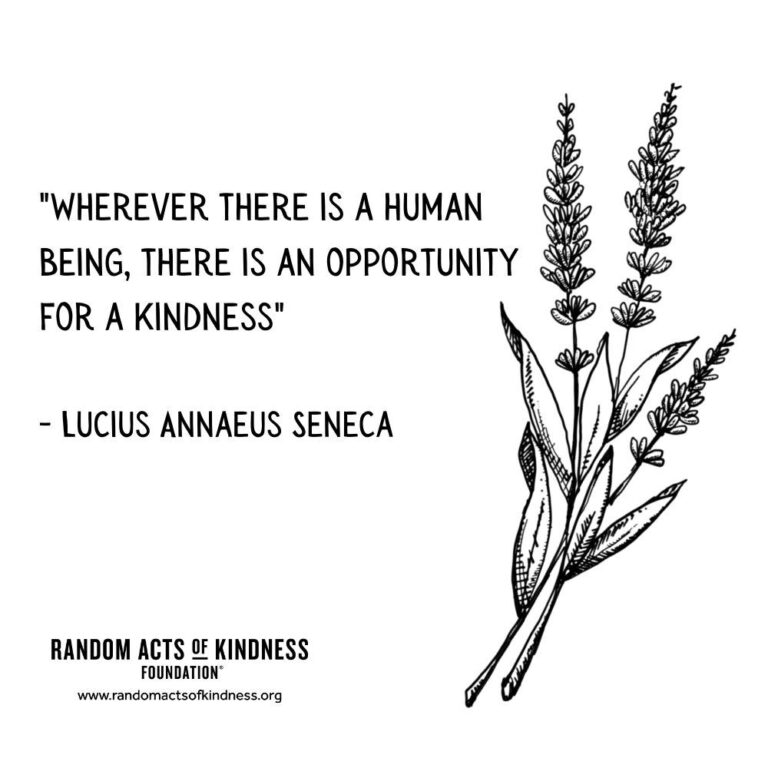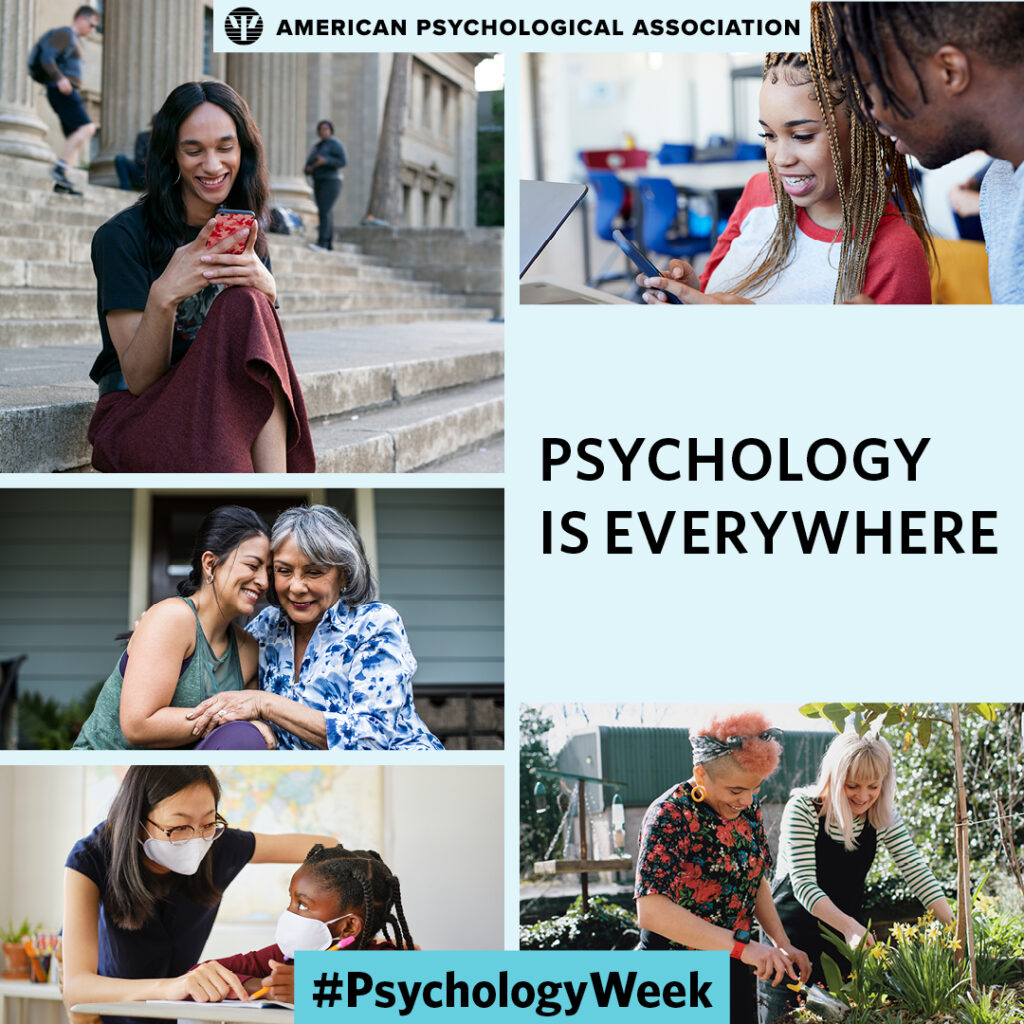- It is normal to have strong reactions following a distressing or frightening event. Such stress reactions are normal and not weakness. Most people recover in time.
- People can experience a range of physical, mental, emotional and behavioral reactions.
- There are many things you can do to cope with and recover from trauma.
- Seek professional help if you don’t begin to return to normal after three or four weeks.
Reactions to Trauma
All kinds of trauma create stress reactions. People often say that their first feeling is relief to be alive after a traumatic event. This may be followed by stress, fear and anger. Trauma may also lead people to find they are unable to stop thinking about what happened. Traumatic events can create a high level of arousal—or feeling alert or “on guard”—as well, which causes people to react strongly to sounds and sights around them.
The way a person reacts to trauma depends on the type and severity of the traumatic event, whether the person has any previous relevant experience or training, if they are active or helpless, the amount of available support following the incident, other current stressors in the person’s life, their personality, natural levels of resilience, and any previous traumatic experiences.
Common reactions can include:
- Losing hope for the future
- Feeling distant (detached) or losing a sense of concern about others
- Being unable to concentrate or make decisions
- Feeling jumpy and getting startled easily at sudden noises
- Feeling on guard and alert all the time
- Having dreams and memories that upset you
- Having problems at work or school
- Avoiding people, places and things related to the event
You may also experience more physical reactions such as:
- Stomach upset and trouble eating
- Trouble sleeping and feeling very tired
- Pounding heart, rapid breathing, feeling shaky
- Sweating
- Severe headache if thinking of the event
- Not keeping up with exercise, diet, safe sex or regular health care
- Smoking more, using alcohol or drugs more, or eating too much
- Having your ongoing medical problems get worse
You may have more emotional troubles such as:
- Feeling nervous, helpless, fearful, sad
- Feeling shocked, numb, or not able to feel love or joy
- Being irritable or having angry outbursts
- Getting easily upset or agitated
- Blaming yourself or having negative views of oneself or the world
- Being unable to trust others, getting into fights, or being trying to control everything
- Being withdrawn, feeling rejected, or abandoned
- Feeling detached, not wanting intimacy
Making sense of the traumatic event
Once the distressing event is over, you may find yourself trying to make sense of the event. This can include thinking about how and why it happened, how and why you were involved, why you feel the way you do, whether feelings you are having indicate what kind of person you are, whether the experience has changed your view on life, and how.
Helping resolve traumatic reactions to trauma
There are a number of strategies that can help a person resolve traumatic reactions.
- Recognize that you have been through a distressing or frightening experience and that you will have a reaction to it.
- Accept that you will likely not feel your normal self for a period of time
- Remind yourself daily that you are managing – try not to get angry or frustrated with yourself if you are not able to do things as well or efficiently as normal.
- Don’t overuse alcohol or drugs to help you cope.
- Avoid making major decisions or big life changes until you feel better.
- Gradually confront what has happened – don’t try to block it out.
- Express your feelings as they arise – talk to someone about your feelings or write them down.
- Try to keep to your normal routine and stay busy.
- When you feel exhausted, make sure you set aside time to rest.
- Help your family and friends to help you by telling them what you need, such as time out or someone to talk to.
- Relax – use relaxation techniques such as yoga, breathing or meditation, or do things you enjoy, such as listening to music or gardening.
Healing and recovery process after trauma
Any event that places a person’s own life or the lives of others at risk results in the human body going into a state of heightened arousal. This is like an ‘emergency mode’ that involves a series of internal alarms being turned on. Emergency mode gives people a lot of energy in a short period of time to maximize the chance of survival.
Most people only stay in emergency mode for a short period of time or until the immediate threat has passed, but sometimes people keep going into it afterwards when unexpected things happen. Being in emergency mode uses up vital energy supplies and this is why people often feel tired afterwards.
The normal healing and recovery process involves the body coming down out of heightened arousal. The internal alarms can turn off, the high levels of energy subside, and the body can re-set itself to a normal state of balance and equilibrium. Typically, this should occur within approximately one month of the event.
Seeking help from a health professional after a traumatic event
Traumatic stress can cause very strong reactions in some people and may become chronic (ongoing). You should seek professional help if you:
- are feeling very distressed after the event
- are unable to handle the intense feelings or physical sensations
- don’t have normal feelings, but continue to feel numb and empty
- feel that you are not beginning to return to normal after three or four weeks
- continue to have physical stress symptoms
- continue to have disturbed sleep or nightmares
- deliberately try to avoid anything that reminds you of the traumatic experience
- have no one you can share your feelings with
- find that relationships with family and friends are suffering
- are becoming accident-prone and using more alcohol or drugs
- cannot return to work or manage responsibilities
- keep reliving the traumatic experience
- feel very much on edge and can be easily startled.
Summing It All Up
Right after a trauma, almost every survivor will find it hard to stop thinking about what happened. Stress reactions—such as fear, anxiety, jumpiness, upsetting memories, and efforts to avoid reminders—will gradually decrease over time for most people.
Use your personal support systems, family and friends, when you are ready to talk. Or, be a support for someone you care about who has been through a trauma. Recovery is an ongoing gradual process that takes time. Don’t look for a quick “cure” or assume that you will forget what happened. Most people will recover from trauma on their own. If your emotional reactions are getting in the way of your relationships, work or other important activities, you may want to talk to a counselor or your doctor. Good treatments are available.
To learn more, check out the resources below:




